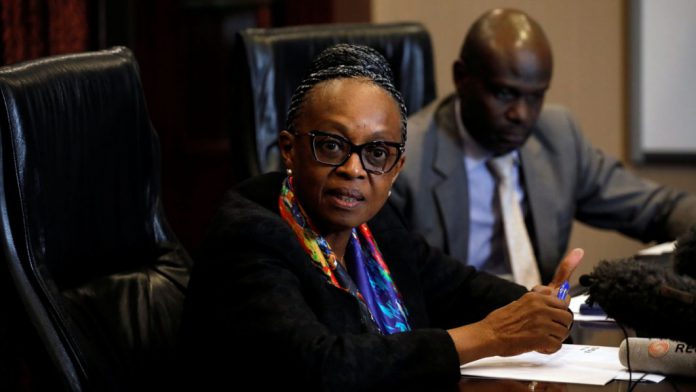The World Health Organisation (WHO) has warned Africans about the rising deaths from non-communicable diseases (NCDs) like cancer, cardiovascular ailments and diabetes on the continent.
It pointed out that cancer, cardiovascular diseases and diabetes were responsible for 37 percent of fatalities in 2019, increasing from 24 percent in 2000 largely due to weaknesses in the implementation of critical control measures, including prevention, diagnosis and care.
This comes on the eve of a high-level Heads of State and health leaders’ meeting in Ghana to accelerate progress against NCDs.
The growing burden of NCDs exerts pressure on treatment and care services. In the African region, the number of people living with diabetes, for example, is to hit 47 million by 2045, up from 19 million in 2019.
Findings from the 2022 WHO Non-communicable Disease Progress Monitor showed that between 50 and 88 percents of deaths in seven countries in Africa, mostly small island nations, are traceable to these ailments.
The report also discovered that in seven other countries, majority of them Africa’s most populous entities, the diseases claimed between 100,000 and 450,000 lives yearly.
WHO’s Regional Director for Africa, Dr. Matshidiso Moeti, explained that the mounting burden of NCDs poses a grave threat to the health and lives of millions of people in the second largest continent in the world.
She observed that over a third of deaths in the region was due to these illnesses, adding that of particular concern, “is that premature deaths from NCDs are rising among people younger than 70 years.”
She added, “Progress against non-communicable diseases has also suffered setbacks due to disruptions by the COVID-19 pandemic on essential health services. About 80 per cent of countries in African region reported disruptions to, at least, one health service against non-communicable diseases between May and September 2021. Countries are striving to restore services, although many have not yet been fully re-established.”











